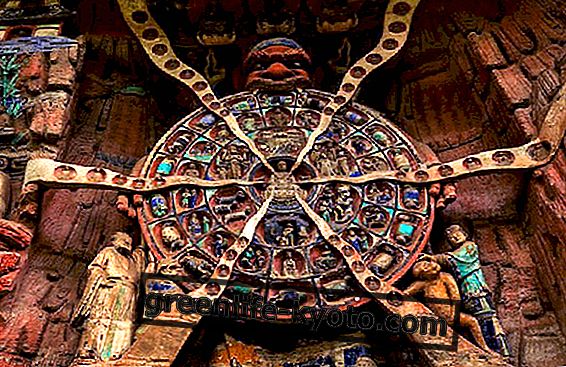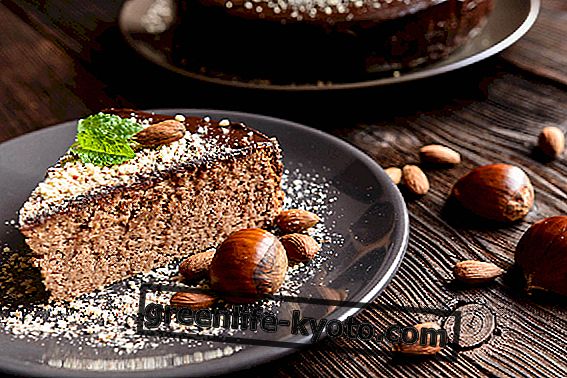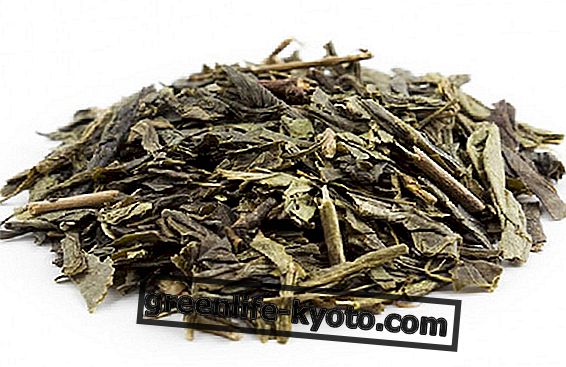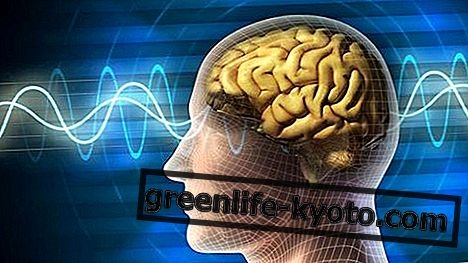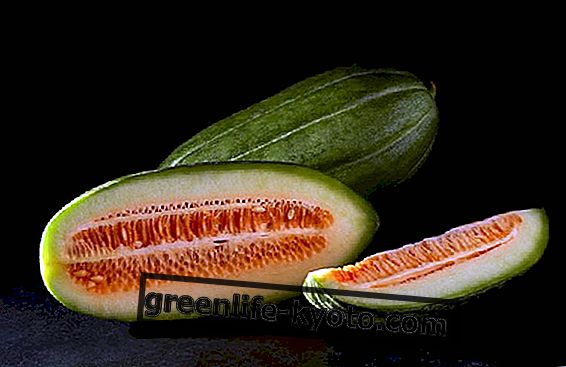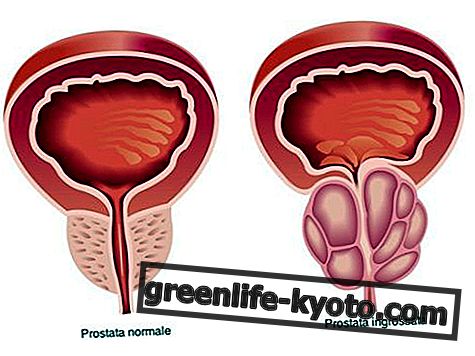Vertigo is the illusory sensation of oscillation and rotation of one's body and loss of balance. In most cases, vertigo is due to problems with the labyrinth of the ear and is accompanied by nausea, vomiting and sweating. Let's better find out how to treat them with homeopathic remedies.
>

Description and causes of vertigo
Vertigo is an illusory and subjective sensation of oscillation and rotation of one's body on itself and with respect to the external environment. When the sensation is referred to the surrounding space with compromised sense of balance we speak of objective vertigo (or peripheral) .
When, on the other hand, the sensation refers to one's body, it is called subjective (or central) . Vertigo is often associated with other symptoms such as nausea, vomiting, hypotension, sweating, pallor, and an empty head.
The causes are different. They can be symptoms of specific pathologies; the most frequent are those affecting the labyrinth of the ear (the organ of balance) such as labyrinthitis and Ménière's syndrome.
Other causes of the disorder are:
- cerebrovascular diseases such as arteriosclerosis,
- pressure disorders,
- inflammation of the inner ear,
- infections of the nasal or laryngeal mucosa,
- cervical disorders,
- migraine,
- epilepsy.
The symptom is also the consequence of non-pathological conditions such as alcohol abuse, drug use, taking certain types of drugs, altitude phobia. Vertigo can also have a clear psychic origin and this is one of the most frequent causes of the disorder.
How to interpret the symptoms
If vertigo is an acute condition of a temporary and occasional nature, there is no direct correspondence with a specific personality structure. S
and the symptom is chronic and recurrent, instead, it means that the subject has chosen that channel to express something emotionally.
The typical personality of those suffering from this symptom oscillates between the tendency to abandon oneself to one's own impulses to the attempt to control and repress them. The typical staggering of vertigo is the physical translation of the explosion of the emotional part that escapes rational control.
The subject is very emotionally dependent and strongly fears the changes to which his rigid and conservative personality is opposed. He constantly needs a reference figure to depend on and if this is missing for any reason he destabilizes and falters.
Suffering from vertigo: turn, head turns!
Homeopathic remedies for vertigo
The use of homeopathic remedies intervenes a lot on the correlation between physical symptom and emotional state of the subject. The homeopathic treatment involves taking 3 granules several times a day and as needed but also as a preventive measure based on the causes of the disorder.
- Gelsemium 5 CH: vertigo that begins at the occiput and radiates to the head and eyelids; the subject has the sensation of falling and losing his balance, especially keeping his eyes closed. Dizziness from performance anxiety with panic disorder with tremor, paralysis, great weakness.
- Argentum nitricum 5 CH: dizziness associated with phobias in an anxious, hurried, stressed, hypochondriac individual with anticipatory anxiety, motor coordination disorders, asthenia, emotional diarrhea. Dizziness gets worse by looking upwards and looking at tall buildings.
- Vertigo associated with emptiness from which the subject is attracted and frightened at the same time.
- Bryonia 5 CH: vertigo associated with movement that occur in the morning. Violent dizziness that force one to bed accompanied by nausea, pain in the neck and head. The subject is irritable and short-tempered, often the vertigo is triggered by anger and digestive disorders.
- Cocculus 5 CH: used in vertigo associated with movement as in the case of malaise due to transport (for example: car sickness); in these cases it is useful to take the granules just before departure and as needed. The remedy is useful for violent dizziness triggered by vestibular crises that get worse by sitting, turning the gaze or observing moving objects. Crises triggered by prolonged nighttime vigils.
- Aconitum napellus 5 CH: dizziness that appears following fright, agitation, anger, hypertensive crisis. Remedy used in all acute states in subjects with anxiety neurosis and panic attacks.
- Borax 5 CH: vertigo from altitude phobia associated with the inclined position forward or the movement that is done to descend from a high point. Dizziness is associated with other symptoms such as diarrhea, nausea, vomiting, headache, recurrent aphthae, herpes, extreme sensitivity to noise.
- Conium 5 CH: vertigo that worsens while lying down or moving with a feeling of rotation of objects and the surrounding space with photophobia and tearing. A lively person who is afraid to be alone but fears the company of people he does not know. It is very sensitive to physical effort and psychophysical fatigue. A key to the remedy is improvement when the patient lets his legs hang down.
- Alumina 5 CH: remedy indicated for neurosensory disorders with dizziness, weakened vision, mental confusion. Subject with hasty behavior but with a paradoxical slowness in movements; he is confused, indecisive and very impressionable.



